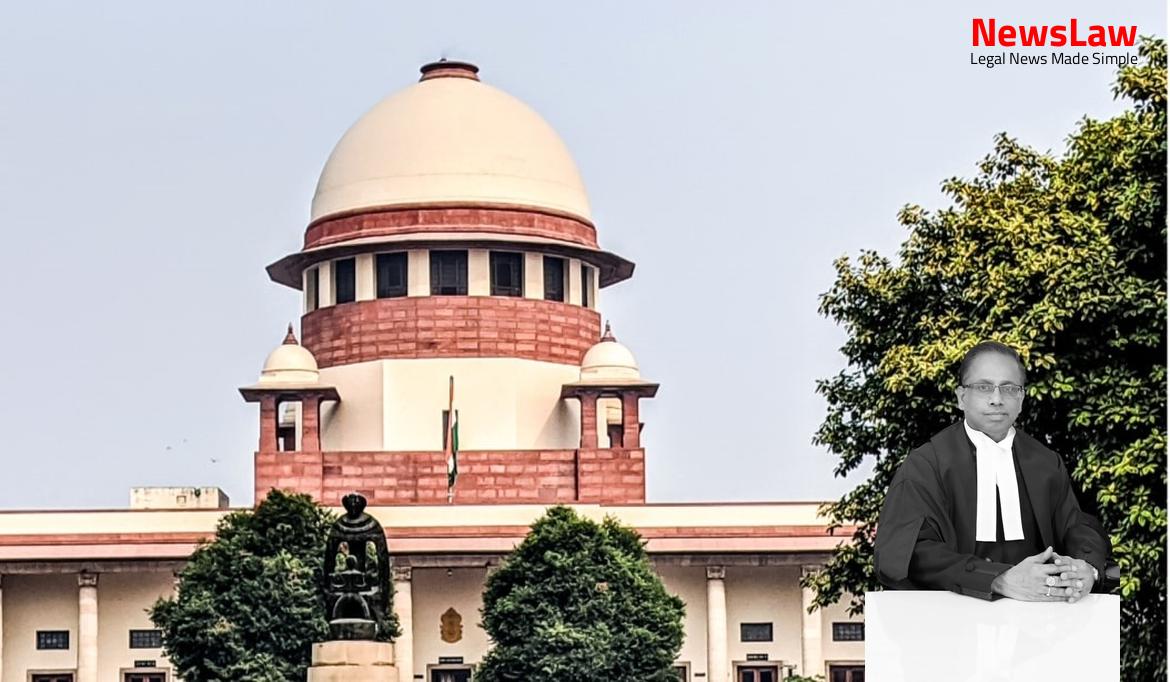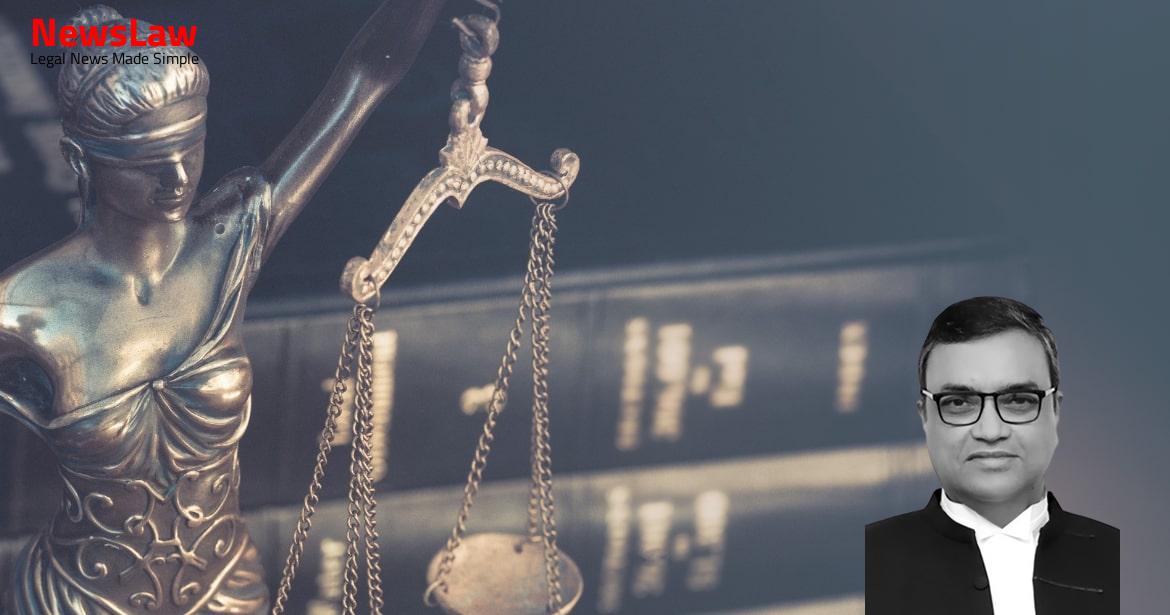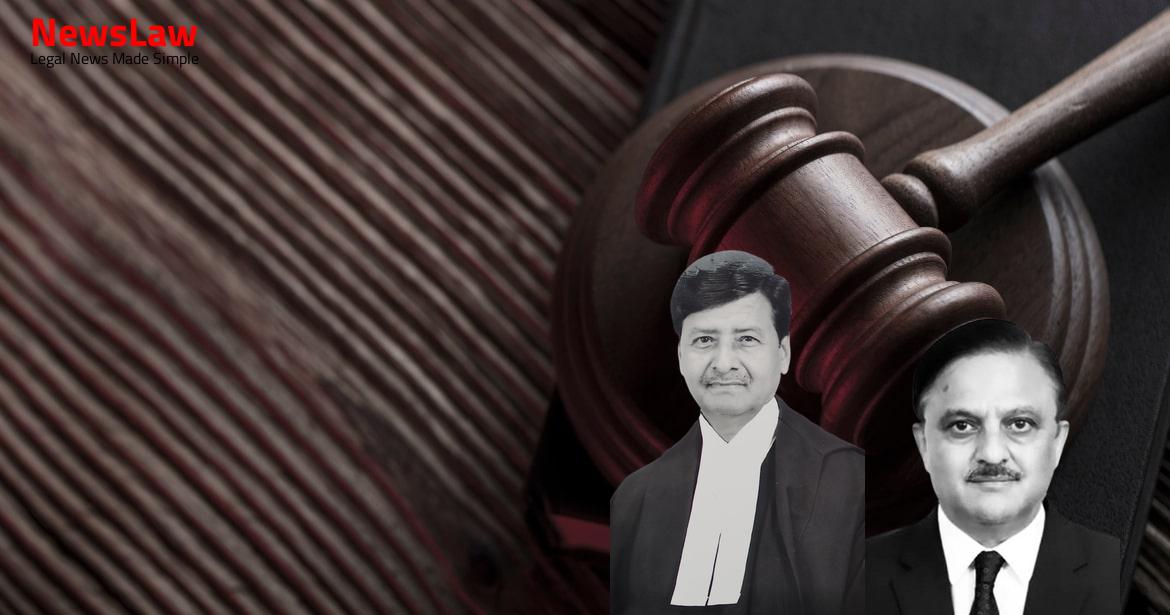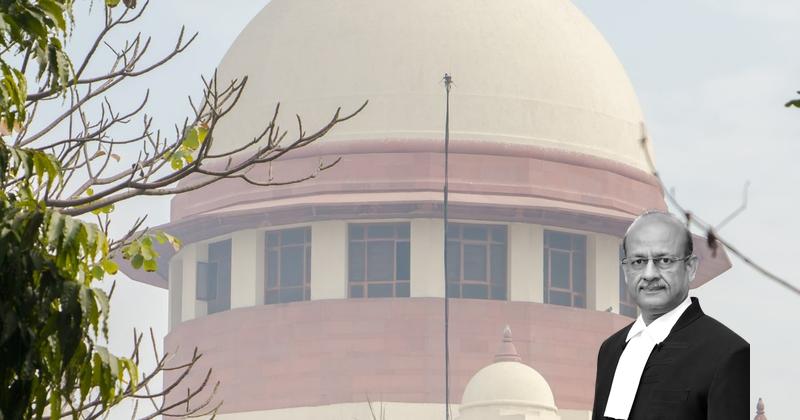In a landmark decision by the Supreme Court of India, a judgement was rendered concerning SEBI’s consent order in a writ petition. The case involved challenges to chargesheets, cognizance orders, and criminal proceedings related to multiple cases from 2006-2009. The Court’s decision has implications for the parties involved and sets a precedent for future legal proceedings. Stay informed about this crucial development in the legal landscape.
Facts
- Writ Petition filed challenging chargesheets and cognizance orders in 2006-2009 cases.
- SEBI issued consent order in response to petitioner’s approach for settlement charges.
- Court quashed pending proceedings in Special CBI Cases 47 and 48 of 2007 citing abuse of court process.
- Fresh petitions (Writ Petition No. 245 of 2020 and Writ Petition No. 730 of 2020) did not challenge FIR and chargesheet like the first proceeding.
- Multiple criminal cases registered by CBI for fraudulent activities in IPOs of Yes Bank and IDFC.
- SEBI passed consent order in 2009, disposing of proceedings related to SEBI Act violations.
- Supplementary chargesheets filed adding accused persons to the original list in 2006-2009 cases.
- The learned Single Judge quashed the criminal proceedings as per the operative order.
- The matter was placed before the Division Bench in accordance with the High Court Rules.
- Applications for quashing of an FIR and Chargesheet are outside the jurisdiction of Single Judge as per the Rules of the High Court.
- The matter went before the Division Bench and then to the present Court with the dismissal of the Writ.
Also Read: Das v. Das: Custody Rights Upheld by Supreme Court
Arguments
- The learned counsel for the appellant argued for the matter to be heard by the Single Judge based on Rule 18(4) of High Court Rules.
- The appellant’s counsel emphasized that settling before SEBI does not absolve from criminal proceedings, and the allegations in this case warrant criminal trial independently of adjudication outcomes.
- The Petitioner’s counsel tried to demonstrate the Petitioner’s lack of involvement in the alleged offences.
- The CBI’s counsel suggested that the matter, when permitted for withdrawal with the option to refile, should have been presented before the Division Bench.
- It was argued that the respondent altered the prayers in a clever manner to challenge cognizance orders not previously contested, which was perceived as a strategic move.
- After arguments, the Senior Counsel for the petitioner requested to withdraw the petition with liberty to address the implications of SEBI’s Order before the High Court.
- Senior counsel for the respondent argued for the dismissal of the Civil Appeals.
- The respondent’s counsel highlighted that the petition for special leave was withdrawn and new prayers challenging cognizance orders were incorporated.
- The respondent’s counsel justified the removal of the prayer challenging the FIR and charge-sheet, asserting that there was no malicious intent behind it.
Analysis
- The Court refrains from making a decision on a certain contention at this stage.
- The Court finds it inappropriate to exercise writ jurisdiction under Article 226 of the Constitution of India.
- Considering previous orders and granting of liberty to file a fresh petition, the case should have been heard by the Division Bench.
- The Court does not comment on the possibility of manipulation of prayers to clutch jurisdiction to avoid prejudicing the parties’ case.
Also Read: MBBS Seat Allocation Case: Supreme Court Rules in Favor of Meritorious Candidates
Decision
- The Learned Single Judge decided not to continue with the criminal proceedings due to the consent terms passed by SEBI.
- The Division Bench will independently decide on the case for quashing the proceedings without being influenced by previous orders.
- The impugned order dated 05.01.2022 in Writ Petition 245 of 2020 and Writ Petition 730 of 2020 is set aside and the matter is remitted to the High Court of Judicature at Bombay.
- An interim stay of further proceedings in Special Case No 47 of 2007 and Special Case No 48 of 2007 is granted for four weeks.
- The appeals are allowed and the special leave petition is dismissed as withdrawn with liberty aforesaid.
Case Title: CBI BS AND FC MUMBAI Vs. MANOJDEV GOKULCHAND SEKSARIA (2024 INSC 618)
Case Number: Crl.A. No.-003481-003482 – 2024



